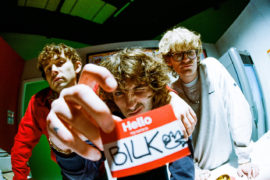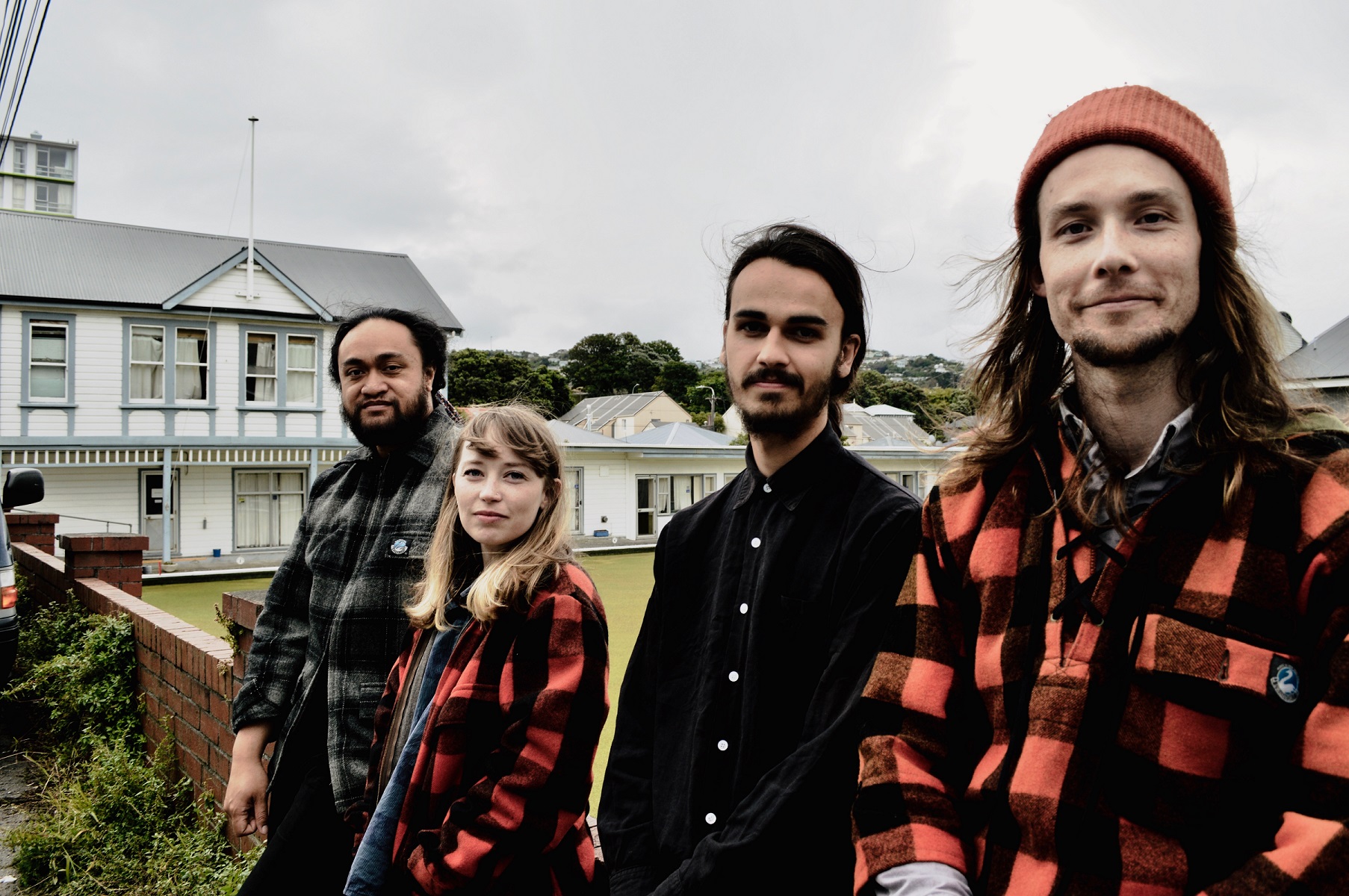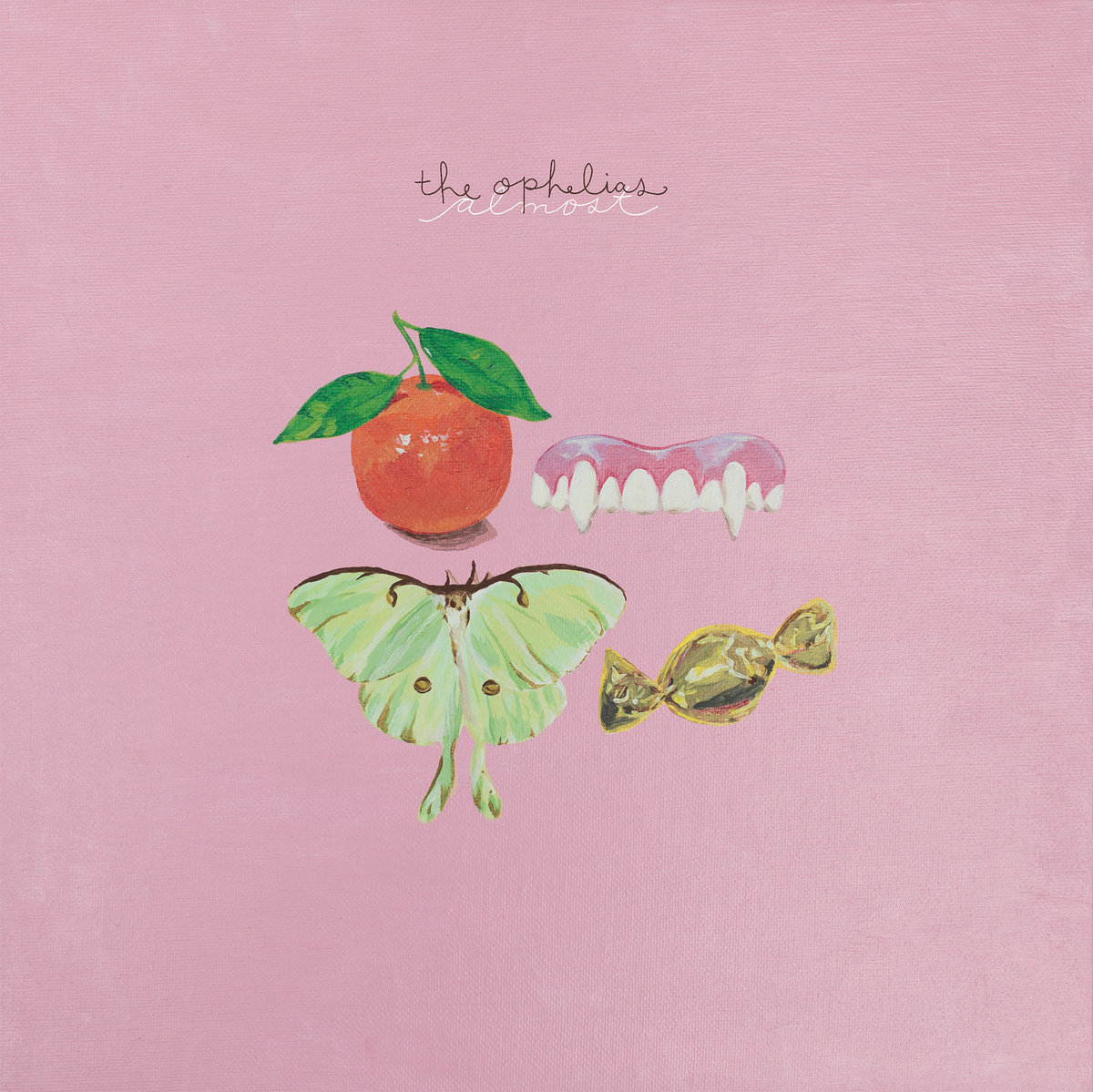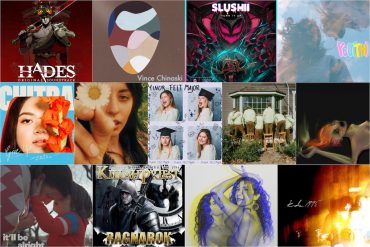With her third studio album ‘Motomami,’ Rosalía vibrantly performs on the margins of cultures as she inspires to reside within the arc of a radiant vision.
Stream: ‘Motomami’ – Rosalía
In 2011, Abel Makkonen Tesfaye (AKA The Weeknd) poignantly sampled Siouxsie and the Banshees’ song “Happy House” within the mesmerizing track “House of Balloons/Glass Table Girls” on his genre-defying debut mixtape, House of Balloons. “Happy House” is the first song on Siouxsie and the Banshees’ 1980 album Kaleidoscope, and in the ambience of this anthem and simultaneous love song a feeling of refuge from the world is created wherein one is freed from the weight of society. I lived years through this song as to how it provided a form of emancipation within my own deadpan reality at a certain point in the memory of time.
More than a decade later, The Weeknd collaborated with Rosalía on her evocative lead single “La Fama” for Motomami, her third studio LP (released on March 18, 2022), with “La Fama” becoming the song of a lifetime in shimmering across cultures today.
It is wondrous to consider their collaboration within the pivotal role of sampling in Rosalía’s artistic vision, as Joe Coscarelli recently stated in an interview with The New York Times — “Rosalía Reserves the Right to Transform”:
Even when Rosalía is not literally using a sample — or a sample of a sample, as on her new song “Candy,” built upon Burial’s chopped-up deployment of a Ray J track — she is still borrowing. “It’s been forever that we, as humans, when we create, we sample,” she said. “From ideas comes another idea. When I see that Francis Bacon does a painting based on a Velázquez one, I think that’s sampling.”
The transmission of ideas through music and how this can also be considered in other artistic mediums is paramount to consider in Rosalía’s revelatory use of sampling. The smoldering “Candy” cascades in refiguring romancing, “Chicken Teriyaki” is fascinating in imploding on her exact vision, the aching beauty that transcends in “Hentai” and “Como un G,” as we are simultaneously brought back within yesteryear of decades ago through her revisioning of Justo Betancourt’s 1968 track “Delirio de Grandeza.” Rosalía has an utterly remarkable feel of the textures of music at the nexus of varied cultures within her interpretation. She offers her own indelible intuitiveness in her originals in not only performing across genres, but in transforming the perception of culture and even time itself.
In Rosalía’s 2018 album El Mal Querer, she dramatically shifted how flamenco music could be felt and understood in today’s world through her ultramodern fusionist style that resounded across the world. Her flamenco fusion in El Mal Querer is also reflected in the song “Bulerías” in her latest 2022 album.

Rosalía’s third studio LP Motomami is a brilliant reflection of global cultural experience through her avant-garde sampling and contrapuntal interpretation of different musical styles and genres.
Contrapuntal implies the bringing together of different or polyphonic parts into the harmony of a musical piece. Rosalía arranges musical styles into polyphonic harmony in an incandescent manner, and she is avant-garde through being enraptured in bold new styles of musical experimentation.
In turn, Rosalía’s music is folding the margins and relatively unknown realms of music and culture into the mainstream experience. In this instance, her ability to perform music through inhabiting cultural marginality becomes uncannily popular, and it remains vital to understand what she is unearthing through her creative process as we reflect on our own presence in the world. It needs to be considered how we perceive those that are marginalized, and how we can incorporate those precise voices into our own experience as Rosalía resides on this exact realm.

Rosalía’s music vibrantly performs on the margins of cultures as it inspires to reside within the arc of her radiant vision. In thinking of Rosalía’s innovative levels of sampling and cultural performance — the writer Edward W. Said elaborates on the idea of the contrapuntal as a form of interpreting and performing polyphonic ideas, discourses, and sounds as cultural interplay in his work Culture and Imperialism:
As we look back at the cultural archive, we begin to reread it not univocally but contrapuntally, with a simultaneous awareness both of the metropolitan history that is narrated and of those other histories against which (and together with which) the dominating discourse acts. In the counterpoint of Western classical music, various themes play off one another, with only a provisional privilege being given to any particular one; yet in the resulting polyphony there is concert and order, an organized interplay that derives from the themes, not from a rigorous melodic or formal principle outside the work.
Said also discusses this as the ability “to move beyond insularity and provincialism and to see several cultures and literatures together, contrapuntally,” in inhabiting a “perspective beyond one’s own nation.” Through Rosalía bringing together and reinterpreting the styles of flamenco, reggaetón, dembow, jazz, pop, bachata, electronica, and boleros she is reevaluating the cultural archive of our existence today through the interplay of these different genres. In this sense, she continually transcends through the global North and South in positing a new radical form and style of cosmopolitan music. Music from the perspective of her vision becomes forms of styling life that is reflective of how all of us are always engaged within each other’s polyphonic forms of cultural experience that we bring to each other.

She refers to the sense of styling in her music in the recent interview with The New York Times:
“I love all styles,” she said, in a generalization that also seemed like an understatement. “For me, it’s all at the same level.” Or put another way: “The context is everything” — foundational influences reanimated by a personal point of view. “I just want to hear something I haven’t heard before. That’s the intention always.”
The multivalent styles of Rosalía creates a cultural revolution through a highly innovative use of cross-cultural sampling and influences that recast the use of language and sound in music. Human meaning is transformed in the private and intimate discourse of her music within how this is registered in the global sphere. This is also reflected in a very unique manner through her creative inventory of the alphabet as she portrays in the song “Abcdefg,” which simultaneously questions the origins and order of defining meaning in language.
Rosalía’s music continually shifts cultural contexts through eminently crossing contrapuntally through cultural styles in profound and revealing ways on a global scale. Through this trajectory she embodies being an intimate cosmopolitan. Rosalía inhabits being a cosmopolitan through her musical bricolage in which intimate ways of knowing the world are created through her remarkably finessed and harmonious incorporation of divergent and dissonant cultural styles. The illustrious phenomenon of her music is always becoming in ciphering on a sense of liberation on a global scale, that also implies a sense of finding freedom that is beyond borders. Through Rosalía we are witnessing how language and meaning in music can dramatically transform how culture and life itself can be understood. Her vision begs us to consider a world that could really beyond borders.

As I dwell within the wonders of this album, I reflect on my relationship with Sofía from Madrid all those years ago in thinking about how her own cultural cosmopolitan vision dwells within the vibrant world that Rosalía is creating in Motomami. Her and I seemed to fit together like hand in glove, and that is how I feel within Rosalía‘s vision of life and existence that induces a dream-state of cultural worldliness. It was years ago that Sofía and I were drinking wine in a warm candlelight room in downtown Toronto in the dark winter. We listened to flamenco and Massive Attack in the same night, and perhaps that was around the time that Rosalía as a child began to hear other possible worlds of how music can be known, experienced, and created. I think of Sofía who drifted away from my life, I miss her immensely; there is no replacement for the feelings that we shared as we inhabited the intensities of those experiences years ago which remain as shadows of my former self.
Rosalía enables a different way of thinking of how I can be in the world, as it is precisely her vision that understands how flamenco and Massive Attack can coexist in the most harmonious manner. This is certainly felt in a vivid manner through her sampling and mixing of genres on Motomami, much as the same way The Weeknd knew that Siouxsie and the Banshees’ “Happy House” could be a formative part of “House of Balloons/Glass Table Girls.”
Rosalía’s precision conveys the internal and intimate existence of her thinking and colloquialism into the external and public realm through her music. This creates the ability in one’s own thinking and perspective to resonate on and with the language that an other is not only creating but living. This is to suggest that her music provides a voice to those without a voice – those which we perceive as other, and outside the realms of our own experience. Rosalía is bringing diverse cultures into the fold of our experience today in creating indelible forms of connection with others.

Rosalía’s language and music reside on this very unique realm in society today, as she probes very deeply within her intimate cultural imprints and encounters in enabling us to think through the lens of her personal experience.
This creates a global sensibility that totally inhabits dimensions of cultural polyphony in eclipsing the limitations of nations and borders. In essence, we all reside within each other cultural experiences, and that is what Rosalía is creating for us in the most incomparable manner.
While we might think that we dwell in our own world in utilizing language as a habit that seems familiar and commonplace, Rosalía proves to us that her new global musical vernacular radicalizes how our experience of the world can be known.
Her futuristic vision and the seismic forms of cultural change that she is fostering in making her own intimate language and musical perspective so truly global is her own personal embodiment of Rosalía at the margins. This album closes with the sublime “Sakura” that evokes the ephemerality of life in all its precious beauty. We all need to deeply reside within her radiant vision.
— —
:: stream/purchase Motomami here ::
— — — —

Connect to Rosalía on
Facebook, Twitter, Instagram
Discover new music on Atwood Magazine
? © Greg Swales
:: Stream Rosalía ::








